
OR
Former Indian PM Vajpayee passes away at 93
Published On: August 16, 2018 05:51 PM NPT By: Republica | @RepublicaNepal
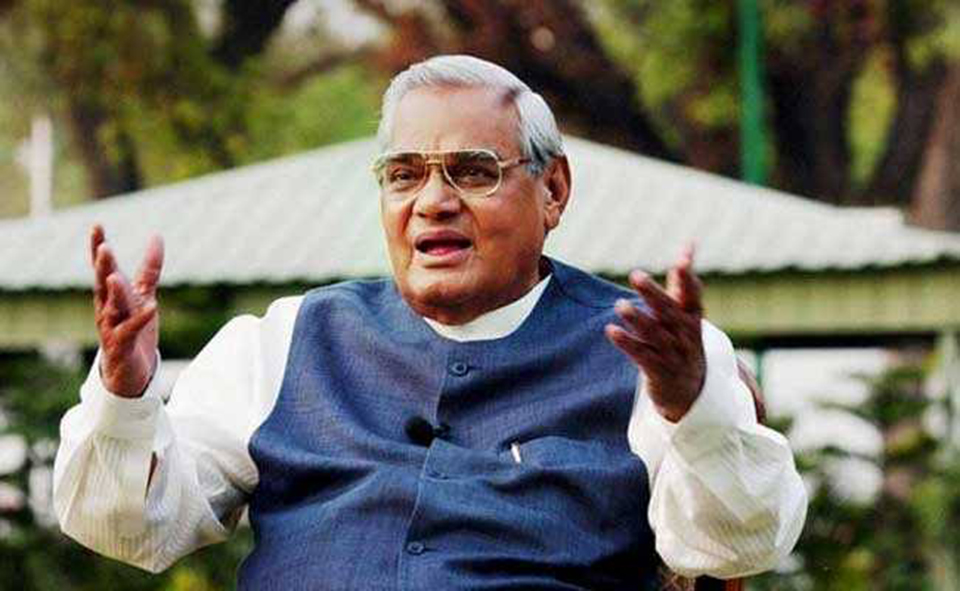
NEW DELHI, Aug 16: Former Indian Prime Minister Atal Bihari Vajpayee has passed away at age of 93. He was admitted at Delhi based-All India Institute of Medical Sciences with multiple health issues from nine weeks. He was kept in ventilator from Wednesday night and was under close observation.
Under the premiership of Vajpayee, India successfully conducted first among the five nuclear tests in Pokhran, showcasing India's might before the entire world. Vajpayee, who had been ailing for long, retreated from active public life over the last decade following the deterioration of his health and remained restricted to his residence. A host of leaders including Prime Minister Narendra Modi visited the BJP patriarch at AIIMS. Modi met the doctors and enquired about the well-being of Vajpayee. He also met his family members, according to an official statement.
Born in 1924 in Gwalior, Vajpayee became the first non-Indian National CongressPM to serve a full five-year term. He was first exposed to the political sphere during the Quit India movement in 1942. Within five years since then, he became a full-time RSS Pracharak and, due to his oratory skills, he soon became the face of the Jana Sangh (which is today known as the BJP).
Vajpayee was arrested from 1975 to 1977 during the Emergency imposed by the then Prime Minister Indira Gandhi. In 1977, Vajpayee became the external affairs minister in former PM Moraji Desai’s Cabinet. Even in those days, he was the party’s star speaker.
His first stint as Prime Minister lasted only for 16 days (from May 16-31, 1996) and then again from March 19, 1998, to May 13, 2004.
Vajpayee, whose parliamentary experience spanned over four decades, had been a Member of Parliament since 1957. He was elected to the Lok Sabha ten times, and twice to the Rajya Sabha.
Under the premiership of Vajpayee, India successfully conducted first among the five nuclear tests in Pokhran, showcasing India’s might before the entire world.
In late 1998 and early 1999, ex-PM Vajpayee tried to mend differences with Pakistan by pushing for a full-scale diplomatic peace process with its neighbor. With the historic inauguration of the Delhi-Lahore bus service in February 1999, Vajpayee initiated a new peace process aimed towards permanently resolving the Kashmir dispute and other conflicts with Pakistan.
The 1999 Kargil war proved to be vital for the Vajpayee-led government. Pakistan troops infiltrated into India’s territory in Kashmir valley and captured the control of unmanned border posts in 1999. Vajpayee took a firm stand, leading India to victory in Kargil and forcing Pakistan to withdraw their troops from India’s territory. In 2002, a US diplomat revealed that Vajpayee stood firm on India’s demand for unconditional withdrawal of Pakistani troops and his then-counterpart Nawaz Sharif buckled to Washington’s diktat. In spite of the war, Vajpayee also made efforts to boost the bilateral ties with Pakistan.
A voracious reader, Vajpayee was widely known and respected for his love for poetry and as an eloquent speaker. He was conferred Padma Vibhushan in 1992 in recognition of his services to the nation. He was subsequently awarded the Bharat Ratna, India’s highest civilian award, in 2015.
You May Like This
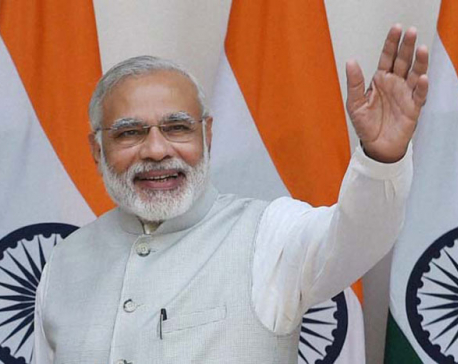
Nepal good friend of India: Deuba, India ready to support Nepal's development: Modi
NEW DELHI, Aug 24: Prime Minister Sher Bahadur Deuba, who is currently on a five-day state visit of India, said... Read More...
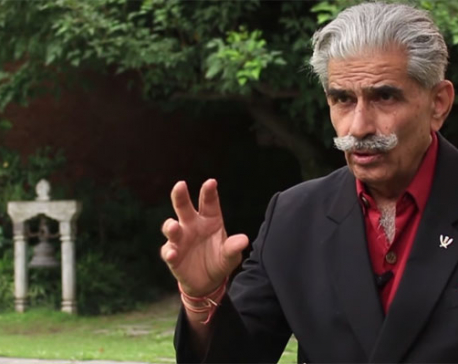
China outrunning India in Nepali politics, India mulling a new strategy
With an unprecedented activeness of China, India seems preparing to counter it. India's Nepal Affairs expert and retired Indian Army... Read More...
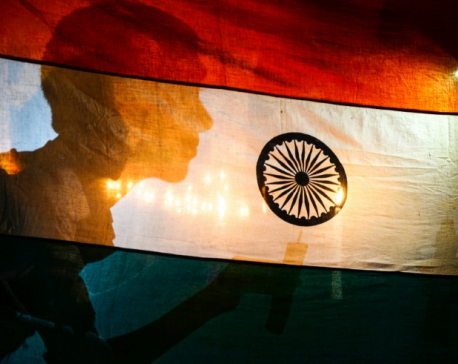
Kashmir 'fake news' barrage raises fears for India elections
NEW DELHI, March 8: A deluge of online hoaxes that hit Indian social media as the country fought aerial battles... Read More...



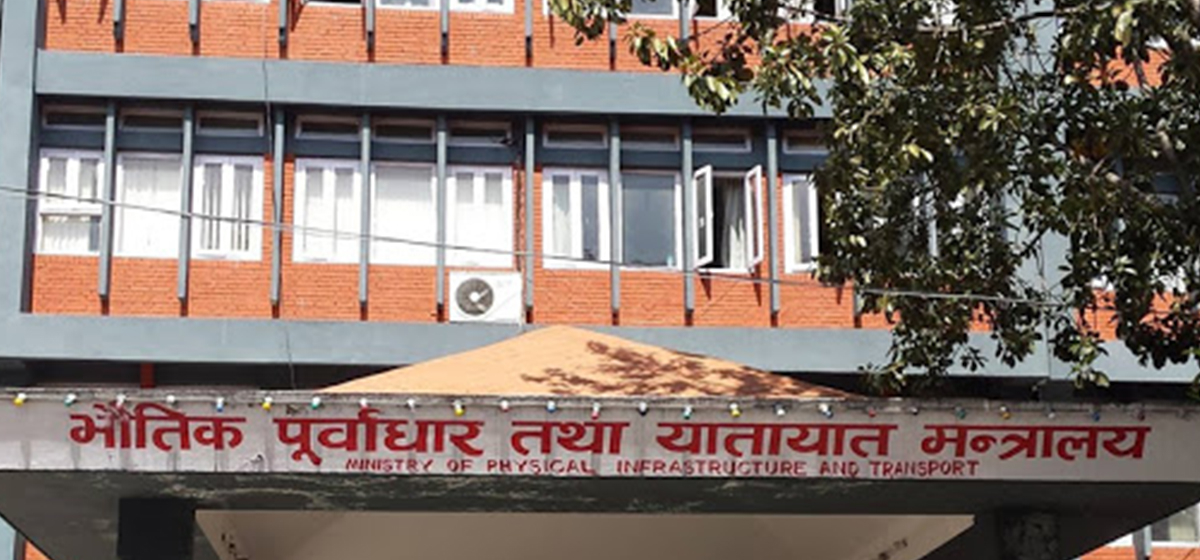






Just In
- MoPIT prepares draft of National Road Safety Act, proposes rescue within an hour of an accident
- Light rainfall likely in hilly areas of Koshi, Bagmati, Gandaki and Karnali provinces
- Customs revenue collection surpasses target at Tatopani border, Falls behind at Rasuwagadhi border in Q3
- Rain shocks: On the monsoon in 2024
- Govt receives 1,658 proposals for startup loans; Minimum of 50 points required for eligibility
- Unified Socialist leader Sodari appointed Sudurpaschim CM
- One Nepali dies in UAE flood
- Madhesh Province CM Yadav expands cabinet









Leave A Comment